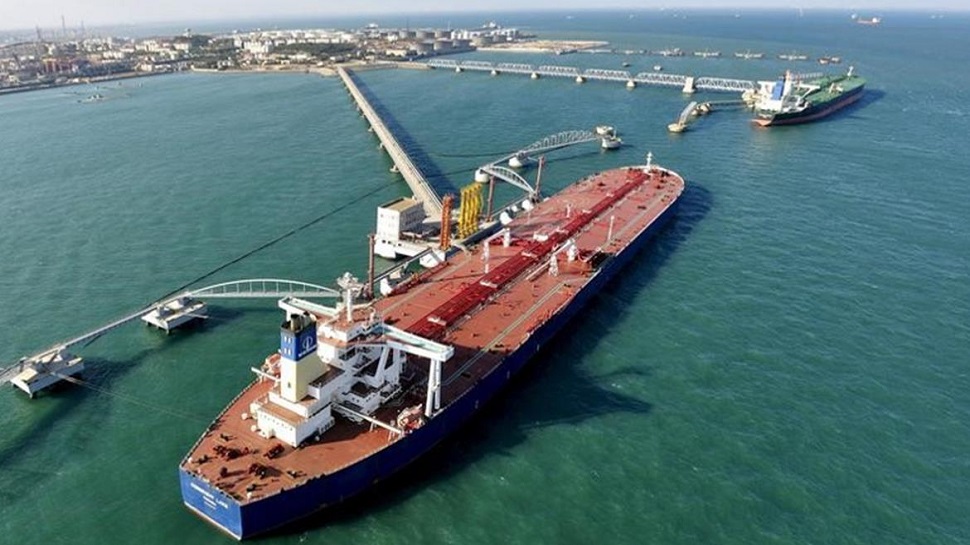Nigeria and India would mark 60 years of diplomatic relations in 2018 since the establishment of such relations in 1958.
Indian High Commissioner to Nigeria, Mr Nagabhushana Reddy, said this at an event to mark the 69th Republic Day of India on Friday in Abuja.
Reddy said that both countries had over the years remained strategic partners with improved levels of cooperation between them with a bilateral trade volume of 9.4 billion dollars in 2017.
“India is now the largest trading partner of Nigeria globally and Nigeria is the largest trading partner of India in Africa with bilateral trade of 9.4 billion dollars last year.”
Both countries have had existing relations in various areas including agriculture, defense, trade, capacity building, healthcare, infrastructure and socio-cultural relations.
The envoy, in a separate interview, told NAN that most of the trade was reliant on oil import from Nigeria, which stands at 80 per cent compared to 20 per cent of Indian exports to Nigeria.
“Though, we are the largest purchaser of crude oil from Nigeria, there is room for improvement.
“The trade balance is 80-20 where 80 per cent is what we import from Nigeria and 20 per cent we export which is essentially in pharmaceuticals, engineering equipment, automobile to some of the specialised products particularly in the power sector.
“We also have some amount of fuel being sold here by Indian oil companies.”
NAN gathered from the website of India’s Ministry of External Affairs, that India imports around 12 per cent of its crude oil requirements from Nigeria.
The ministry stated that petroleum imports from Nigeria accounted for 7.46 billion dollars out of total imports of 7.65 billion dollars in 2016 to 2017.
India’s imports, however, declined significantly by 23 per cent to 7.65 billion dollars during the period 2016 to 2017 as against 9.94 billion dollars registered during the period 2015 to 2016 due to the fall in crude oil prices in the international market.
The decline, however, did not affect India’s amount of oil imports from the country.
Furthermore, India’s exports to Nigeria declined from 2.22 billion dollars in 2015 to 2016 to 1.77 billion dollars in the period of 2016 to 2017 due to Nigeria’s internal security and economic recession.
The Indian high commissioner added that India was an emerging development partner of Nigeria with emphasis on sharing of knowledge and experience with a view to improve capacity building in diverse areas.
He reiterated that about 500 training programmes annually were offered under the India Technical and Economic Cooperation programme.
Furthermore, he reiterated the readiness and commitment of his government extend developmental assistance for projects of national importance to Nigeria.
Director of Regions, Federal Ministry of Foreign Affairs, Amb. Olusola Iginla, expressed optimism in the relations shared between both countries.
Iginla reaffirmed Nigeria’s readiness to “cooperate in the conclusion of all outstanding agreements” to strengthen bilateral relations.
“I will conclude by expressing Nigeria’s gratitude to the Indian High Commission for sustaining the excellent relations that exist between the two countries.
“I also request that the high commissioner conveys the willingness of the Government of Nigeria to partner with the Government of India and its private sector in accelerating the Economic Recovery and Growth Plan of Nigeria for the mutual benefit of both countries.”
January 26 marks the Republic Day of India and 2018 would mark the 70th anniversary of the country’s independence from colonial rule.




